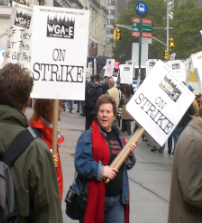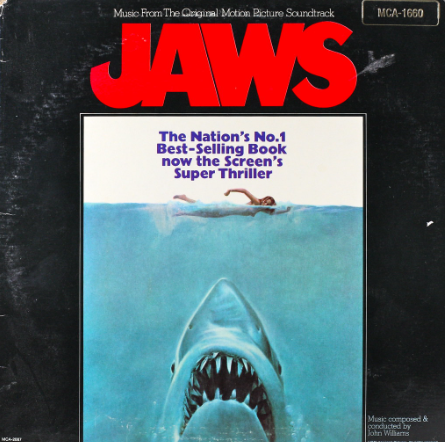In a growing virtual world, the future of bookstores becomes uncertain
UNSPLASH PHOTO COURTESY OF FREDDIE MARRIAGE
Bookstores try to adapt to the new digital age to combat competitors such as Amazon. https://unsplash.com/license
November 25, 2020
Literature is an art that has been adapting alongside humanity forever. It has been scrawled onto walls and written in ancient languages. Throughout time, how it is displayed has evolved, and with the rise of online services, this is happening once again.
Amazon kickstarted the most recent era of change with their release of the Kindle in 2007. Since then, e-reading has grown substantially, and generations of readers have become divided between the standard hard copies and online versions of books.
In CHS, many [maybe a stat on how many prefer which?] students claimed that they prefer hard copies to digital supplements.
Junior Guilia DeFabritus of Freehold Township explained that, for her, having a hard copy is essential to the way she reads.
“I usually prefer a hard copy because I like to mark them up sometimes or put notes in them,” DeFabritus said.
Sophomore Elle Mountford of Wall Township agreed with DeFabritus, saying that she also prefers to read from the hard edition of a novel.
“There’s something about a hard copy that almost gives me more motivation to keep reading… I know exactly where I am. But with digital it’s hard to know where you are in the book, page- wise,” Mountford said.
Aside from the rise of Kindles and other electronic reading services, companies such as Amazon have made it difficult for individual bookstores to keep their doors open.
According to Bloomberg News, Amazon is the largest book retailer in America, making up 42% of book sales and 89% of e-book sales in 2018.
However, when the COVID-19 pandemic swept its way across the world, a website built to help indie bookstores began to grow.
The website, Bookshop.org, has been trying to give a voice to independent bookstores since January 2020. When all bookstores began to close due to the pandemic, the website found its platform and started to thrive.
The site is an online bookstore in which users can click on direct links to shop at independent bookstores. The profit can go towards the bookstore of the user’s choice, or it will be evenly distributed across many indie stores.
According to the New York Times article, “Bookstores Are Struggling. Is a New E-Commerce Site the Answer?”, the website sold over $11.5 million in books throughout May and June, and over 750 bookstores have joined. Overall, Bookshop has generated more than $3.6 million for stores.
Although these types of sites are making a significant impact, indie bookstores must still adapt to the new world around them.
Annie Filbrick, the co-owner of the Bank Square Bookstore in Mystic, Connecticut agreed that staying alive in the digital world consists of using social media and online resources, along with becoming part of the community through events and personalized service.
In this article published on Huffpost.com, Filbrick discussed what she has done to adjust during this new time and her opinions about how the future may play out.
“I don’t have a crystal ball, and there’s no doubt the rise of e-books has had an impact. They’re not going to go away, and we do have a partnership that works. It’s very hard work to do what we do, but we do it because we’re passionate about books and love what we’re doing,” Filbrick said.














